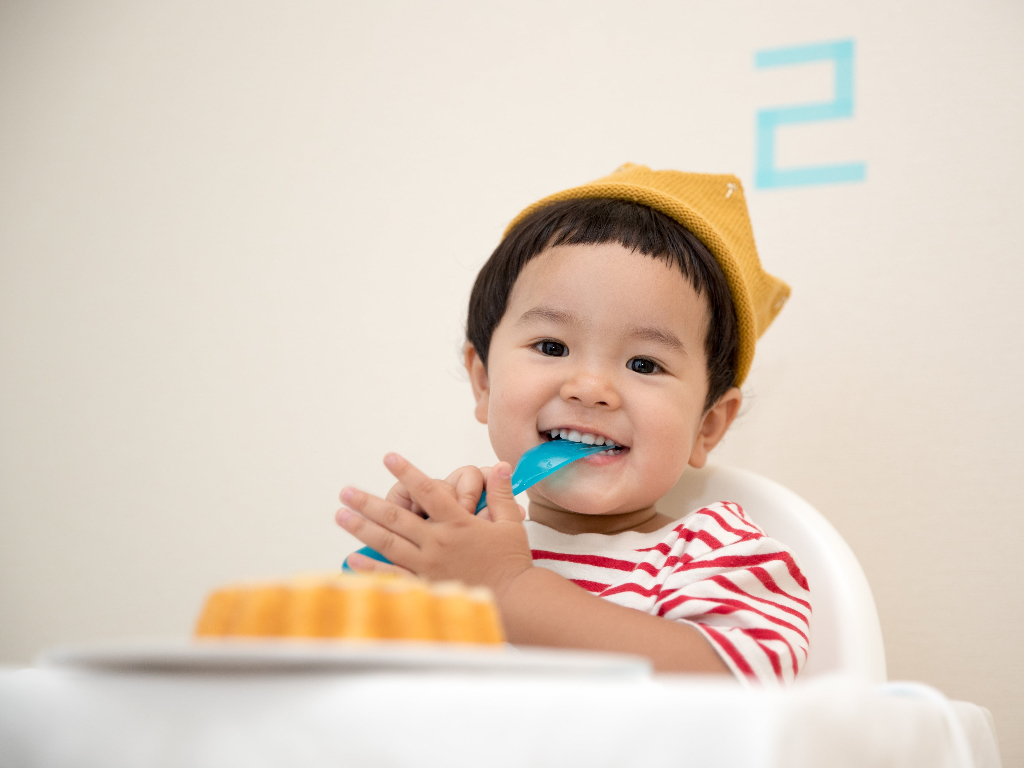Babies are sometimes easy to understand, and other times they are not. As a new parent, you get to understand your baby’s needs as you spend more time with him/her.
In this write-up, we want to look at how to soothe a crying baby teething. Teething for babies comes with different experiences.

Table of Contents
What is Teething?
Teething is a frustrating period in the lives of babies when their teeth first shoot out through their gums.
For a first-time mom, it could be frustrating not being able to figure out why her baby is crying. Nevertheless, you will definitely find out that teething is the cause of your baby’s discomfort.
The good news is that there are valuable tips to guide you in relieving your little one from the discomfort of teething.
Before we look at how to soothe a crying baby teething, let’s first go through why babies cry during teething.
Why Do Babies Cry While Teething?
While some babies experience teething smoothly, others go through discomfort and pain, which leads to them crying a lot.
It can be a stressful time for both the parent and the baby, sometimes more strenuous for the parent because of difficulties in figuring out how to soothe a crying baby teething.
Aside from teething being a new experience for the baby, below are some reasons why babies cry while teething:
- Pain: While teething, babies go through pain from the teeth growing through their gums.
- Lack of attention: Since teething is a new phase for babies, some of them require more attention during this time as a distraction from the pain.
- Swollen or inflammation of the gum: The gum is very sensitive during this period, leading to swelling.
- Irritability: Due to the pain they experience, babies tend to be more irritable and cranky during this phase.
5 Tips On How To Soothe A Crying Baby Teething
The following five points are ways to soothe a crying baby during teething:
1. Clean Excess Drool
When babies start teething, they start drooling more than normal. Excess drool can make babies uncomfortable, thus leading to cries. It’s best to clean babies up from time to time to make them more relaxed.
2. Teething Toys (Chew Toys)
There are toys designed to aid babies with teething; they’re called chew toys or teething toys. These toys can provide some relief for their gums.
When babies start teething, one of the obvious signs is their tendency to start biting down on or chewing things available to them. Babies could bite their hands or anyone around them, or pick up things to put in their mouth.
These teething toys are made in different sizes. Therefore, it’s best to find one that is big enough to hold and not too small to swallow to avoid choking risks.
3. Gum Massages
Gum massages are a great way to soothe a crying baby who is teething. That’s because babies’ gums tend to be sore and swollen, which can be irritating for them.
Gum massage can be done by gently rubbing the gum with your finger or using a clean, soft washcloth. Dip the washcloth in cold water to apply a little pressure to their gums. Ensure you clean your hands before this.
4. Be Available
This could be as simple as picking them up when they’re fuzzy, giving them extra cuddles, and trying to put them to sleep.
Some babies who are teething find it difficult to sleep at night and will cry; they won’t stop unless they’re being rocked to sleep. It is necessary to be available to your child during this time.
5. Medications
It isn’t ideal to start off with pain medications to soothe a crying baby who is teething since there are home remedies that help relieve the pain.
However, if your baby seems cranky and home remedies don’t work, there are pain relievers that are safe for babies to take to ease the pain they go through while teething.
Over-the-counter drugs such as acetaminophen (Tylenol) or ibuprofen will do the job.
Nonetheless, it is advisable to consult a doctor before proceeding with any medication for a baby or for any long-term use of the drug.
How Long Does Teething Last?
Teething for babies starts at different times, but mostly when babies are between 6 and 12 months old (some start earlier than expected).
Usually, teething lasts about 8 days for a tooth and can vary for different babies. In the general sense, teething is usually completed by the time the baby is 2–3 years old.
Should I Be Worried About Teething?
Teething is a normal phase to go through for every child, so there’s nothing to worry about as your child is just going through a phase.
Though it comes with discomfort for the baby and can lead to the baby being cranky, which makes them cry more during this time, it usually passes after a few days.
As much as teething is normal and there are ways on how to soothe a crying baby teething, it’s best to consult a doctor when the baby is crying too much and seems to be in a lot of pain.




